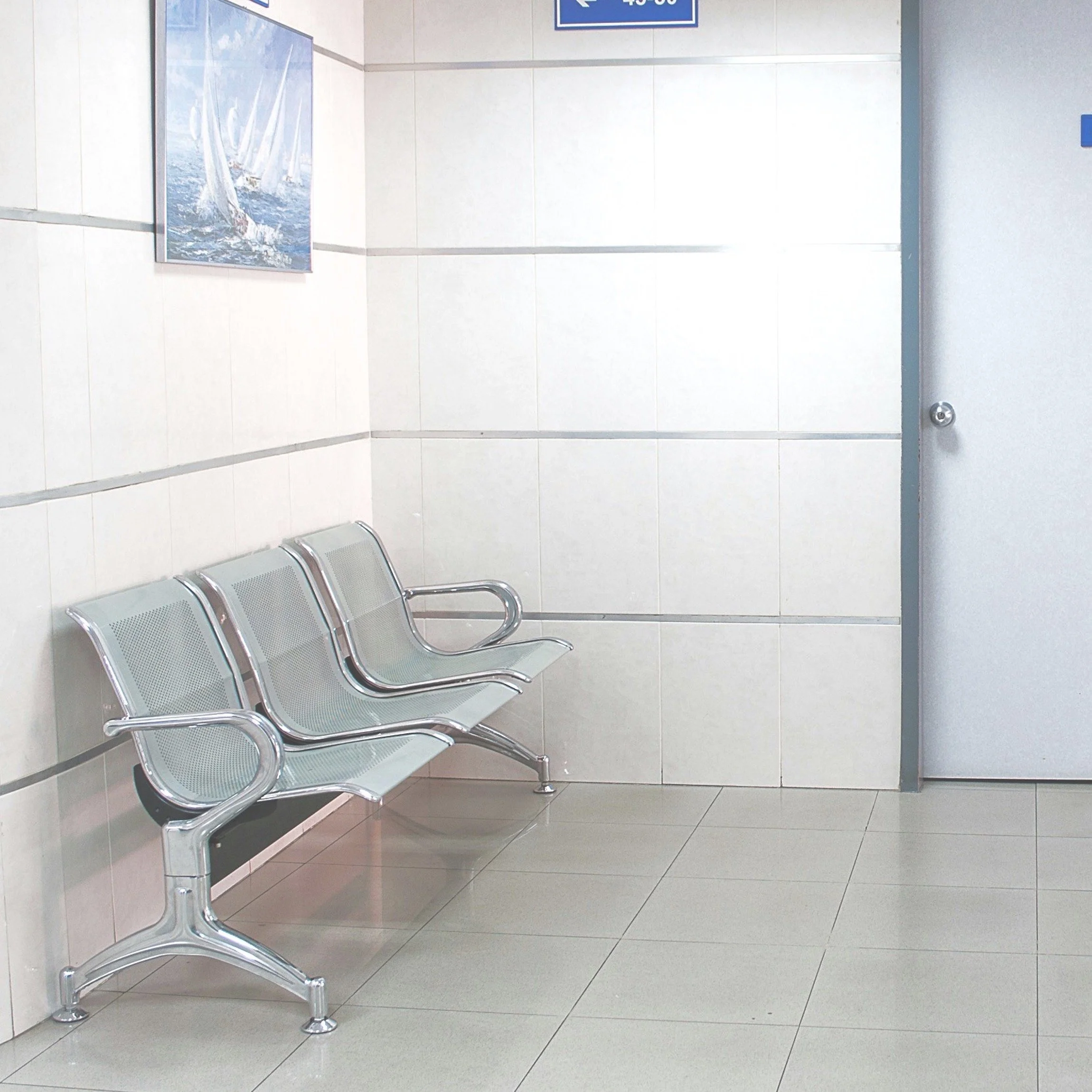Being Versus Doing
I plod, I ponder, some days I simply persist.
– Paul Kalanithi
Update: last week, I received my fourth dose of chemo—more than halfway done. My oncologist gave me a hug at the end of our visit and said, only two more left! For the first time, everything felt routine: I knew how to find nearby street parking, what to bring for the waits (serious reading: no; mindless audiobooks: yes). I knew how much numbing cream to dollop onto the port, which flavor of tea to ask for to clean out the taste of it being flushed. I knew how to slip on frozen gloves and booties as the chemo got hooked up, and now that we’ve settled on the dose that works best for my liver, I knew what side effects to expect: the eye-burning headache that kicks in a few hours later, the queasiness and fatigue the next day. The fresh wave of rashes as my liver protests another round, the flare-up of allergies as my immune system responds to the chemo-laden antibodies flooding my system.
I discovered afterwards this time that if I’m already moving, I can manage to keep moving—but after a weekend of sporting events, music lessons, cooking, driving, church, and generally engaging with what was happening around me, I found myself burned out.
Why is it so hard for me to stop? There is, of course, the incessant and at times seemingly inescapable demands of living with all the kids and pets. There’s also the fact that the treatment makes me sick in ways that are invisible. It burns up my body from the inside, but on the outside I look the same, so it’s easy for people, and I myself perhaps, to assume that I should be able to function normally.
But I think the real answer is habit. A lifetime of training has conditioned me to push through feeling unwell to function at any cost, has rewarded me for doing more and doing it well. And I might not be pulling some crazy hospital shift anymore, or doing surgeries while parenting four kids under six, but I am discovering that the impulses I honed during those times have become more deeply engrained than I thought. Why is it, I wonder, that the greatest loss of all—greater than the loss of parts of my body, my activities, my plans—is this loss of capacity? I can see what needs to be done. I have more time now than ever. I know what I am normally capable of. But all of that may as well be on the moon, because right now I can do none of it. In the early days after the infusion, I am leeched of not only physical well-being but mental clarity, will and desire. I can do nothing but exist. And the excoriating lesson of this time seems to be: that must be enough.
The fact is, we cannot escape meritocracy and materialism. It’s in the air we breathe, this drive for more, this way we unconsciously construct our sense of self from what we do and have, and the unlearning of it is a deep, deep unlearning. I thought I had already gone down that path, forsaking career ambition for a quieter life, but no, it goes further. In my better days (read: around day ten after the infusion), I imagine this less like bitter loss and more like a gentle invitation: come, see who you are when you cannot do, cannot think, can only be.
I thought this whole last week on that one line from Psalm 23: I lack nothing. Habitual present tense: not lacked nothing, or will not lack anything after this or that, but right now, and always right now, I lack nothing. Not a feeling or perception as much as a statement of fact. Which is puzzling, because my reading is taking me through 2 Samuel, and to my chemo brain, David’s life seems like a succession of harrowing mishaps, plagued as he was by persecution, hunted by king and son alike. What does it take for someone with that kind of life to say on any given day: I lack nothing?
When my husband was first describing to his friends what chemo is like, he said, “she’s a shell of herself.” Earlier this week, we were puttering around the kitchen when he turned to me suddenly and said, “I’m glad you’re here. I just wanted you to know that.” I knew what he meant: I’m glad this cancer was found early enough and that you exist and that you are here in this room right now even if it’s this different version of you—and it felt like a continuation of his earlier comment. You may be a shell of yourself, but you are no less who you are to me.
That’s the thing about identity. I can’t generate it on my own, not really, not in this state. I look like a child to the faces of those around me, as David does. The Lord is my shepherd / I lack nothing: the two lines walk together, like a pair, hand-in-hand. David was never whole because of anything but who he was to the one he knew and followed. That was his secret; that was how he found a wholeness untouched by loss.
It is day ten today. I am starting to enjoy small things in life again, starting to remember that one day, all this will be a chapter from the past. But when that day comes, I want to remember that this version of myself, this version that is pared to the bone, devoid of capacity and desire—this version of myself is as okay, as loved, as whole as any other. I want to remember this because it is an identity that can never be taken away, because it is a center worth living from, whatever my capacity may be.






